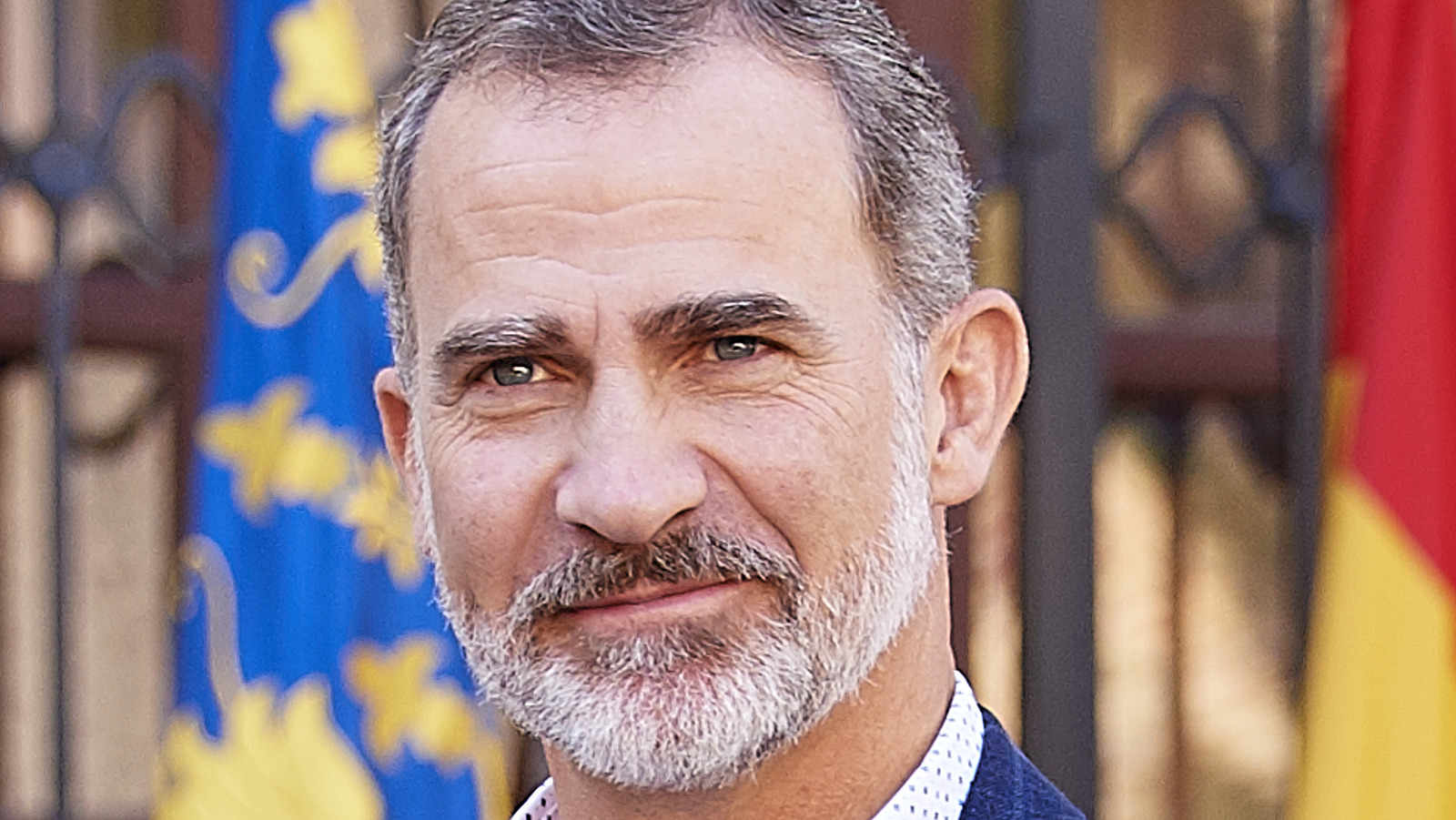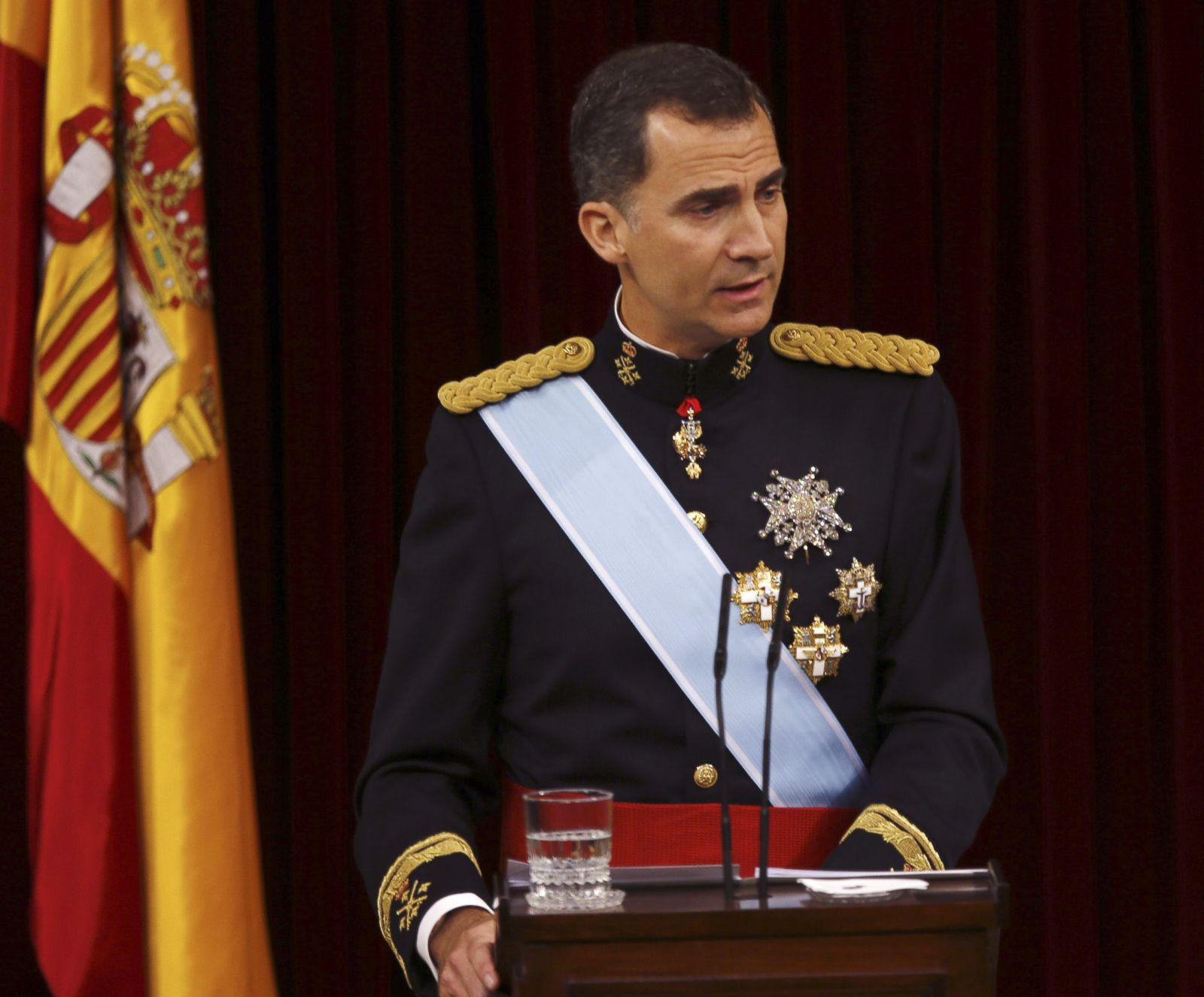Royal Lineage and History: King Of Spain

The Spanish monarchy is one of the oldest and most enduring in Europe, with a rich and storied history dating back to the Middle Ages. The origins of the monarchy can be traced to the Visigothic kingdom of Hispania, which was established in the 5th century AD. The Visigothic kings ruled over a vast territory that included most of the Iberian Peninsula, and they established a strong centralized government and legal system.
In the 8th century, the Visigothic kingdom was conquered by the Umayyad Caliphate, and the Iberian Peninsula came under Muslim rule. However, the Christian kingdoms of northern Spain gradually reconquered the peninsula over the next several centuries. In 1469, the marriage of Isabella I of Castile and Ferdinand II of Aragon united the two kingdoms and laid the foundation for the modern Spanish state.
The Spanish monarchy reached its zenith in the 16th and 17th centuries, during the reign of the Habsburg dynasty. Under the Habsburgs, Spain became a global empire, with possessions in Europe, the Americas, and Asia. However, the Habsburg dynasty died out in the 18th century, and the Spanish monarchy entered a period of decline.
In the 19th century, Spain was plagued by political instability and civil wars. The monarchy was abolished in 1873, but it was restored in 1874. The monarchy has survived several challenges over the years, including the Spanish Civil War (1936-1939) and the dictatorship of Francisco Franco (1939-1975).
Today, the Spanish monarchy is a constitutional monarchy, with the King as the head of state. The King has a largely ceremonial role, and the real power lies with the Prime Minister and the Cortes Generales (the Spanish parliament).
Lineage and Ancestry of King Felipe VI
The current King of Spain, Felipe VI, was born in Madrid on January 30, 1968. He is the son of King Juan Carlos I and Queen Sofía. Felipe VI is a direct descendant of the Habsburg, Bourbon, and Trastámara dynasties. He is also a distant relative of the British royal family.
Felipe VI ascended to the throne on June 19, 2014, following the abdication of his father. He is married to Letizia Ortiz Rocasolano, a former journalist. They have two daughters, Leonor, Princess of Asturias, and Infanta Sofía.
Historical Evolution of the Spanish Monarchy
The Spanish monarchy has undergone a significant evolution over the centuries. In its early days, the monarchy was an absolute monarchy, with the king having absolute power. However, over time, the power of the monarchy has been gradually reduced. Today, the Spanish monarchy is a constitutional monarchy, with the King having a largely ceremonial role.
The Spanish monarchy has also played a key role in the history of Spain. The monarchy has been a symbol of national unity and stability during times of political turmoil. The monarchy has also been a major patron of the arts and sciences.
Role and Responsibilities
The King of Spain holds a constitutional role as the Head of State and the supreme commander of the Spanish Armed Forces. The King’s responsibilities are Artikeld in the Spanish Constitution, which was adopted in 1978.
Legislative Process
The King plays a role in the legislative process by sanctioning and promulgating laws passed by the Spanish Parliament. He also has the power to dissolve the Parliament and call for new elections under certain circumstances.
Head of State
As Head of State, the King represents Spain both domestically and internationally. He accredits ambassadors, receives foreign dignitaries, and performs ceremonial duties. He is also the symbol of the unity and permanence of the Spanish nation.
Influence and Authority
The King’s influence and authority within the Spanish political system are primarily symbolic. He does not have any real executive power, and his role is largely ceremonial. However, he can use his moral authority to influence public opinion and to promote national unity.
Public Image and Influence

The public image of the King of Spain has evolved significantly over time. In the past, the monarchy was seen as a symbol of the country’s traditional values and institutions. However, in recent years, the monarchy has become more modern and progressive, and the King has played a key role in this transformation.
The King is generally popular among the Spanish people. He is seen as a symbol of national unity and cultural identity, and he is respected for his dedication to his country. The King’s popularity is also due in part to his wife, Queen Letizia, who is a former journalist and is seen as a modern and relatable figure.
Role as a Symbol of National Unity and Cultural Identity, King of spain
The King of Spain is a symbol of national unity and cultural identity. He represents the country’s history, traditions, and values. The King is also the head of the Spanish Armed Forces and the Grand Master of the Order of the Golden Fleece, one of the oldest and most prestigious orders of chivalry in the world.
The King’s role as a symbol of national unity is particularly important in a country like Spain, which has a long history of regionalism and separatism. The King is seen as a neutral figure who can bring together people from all parts of the country. He also plays an important role in promoting Spanish culture and values around the world.
The King of Spain, Felipe VI, is a keen tennis enthusiast and has been spotted at several major tournaments, including the Wimbledon final. His presence at these events underscores his love for the sport and his appreciation for the skill and athleticism of the players.
Despite his busy schedule, the King makes time to attend these matches, demonstrating his commitment to promoting tennis and supporting its development.
King Felipe VI of Spain has a keen interest in sports, and tennis is one of his favorites. In fact, he was in attendance at the recent men’s Wimbledon final , where he witnessed Novak Djokovic’s historic victory. The King is a patron of the Spanish Tennis Federation and has been known to play the sport himself on occasion.